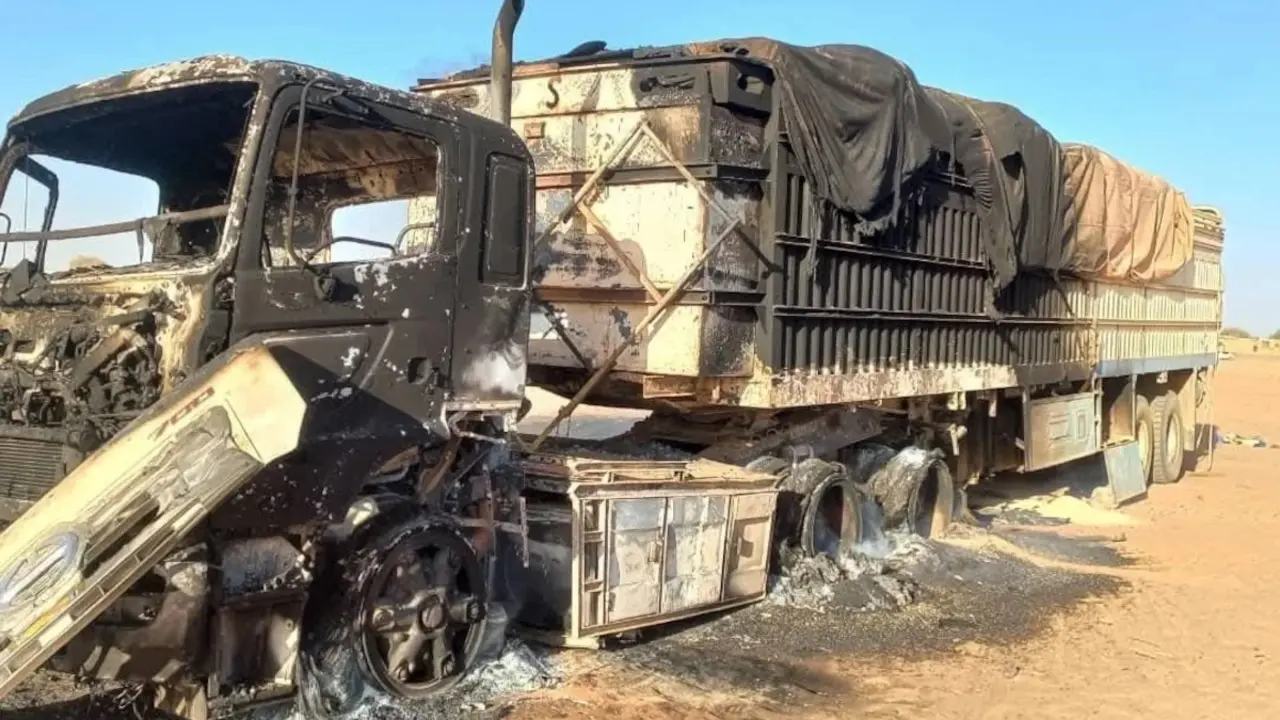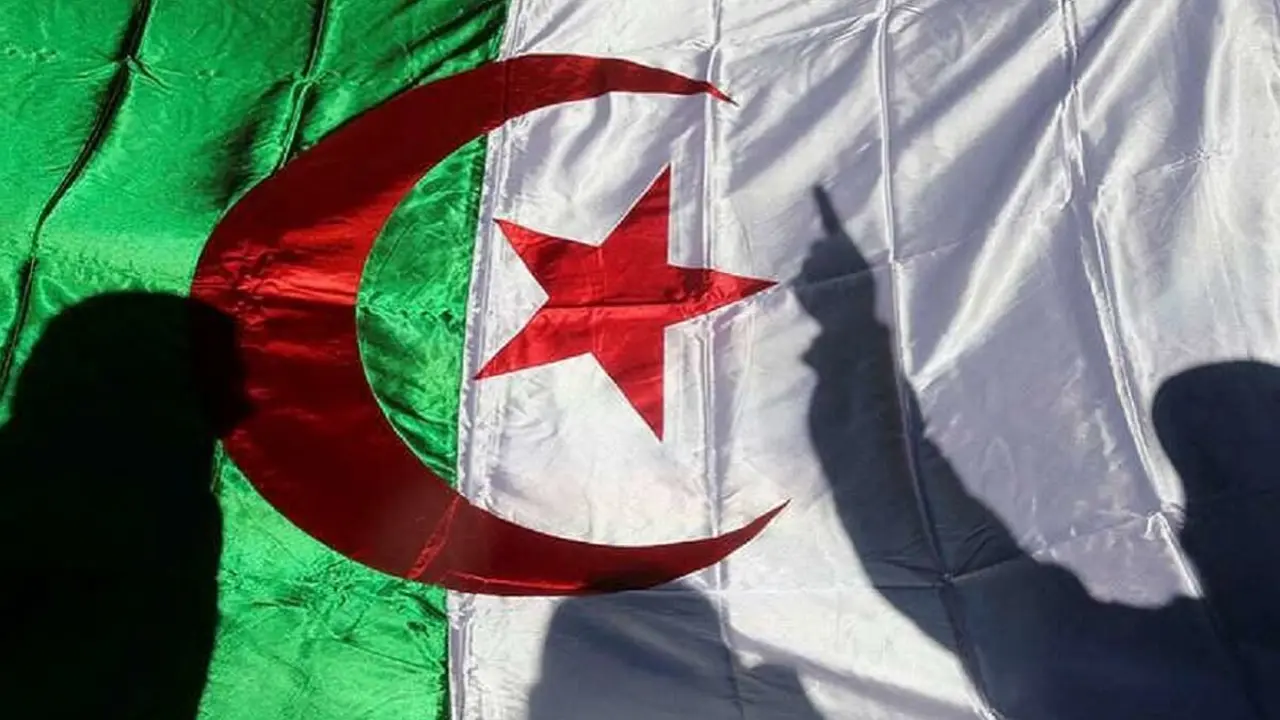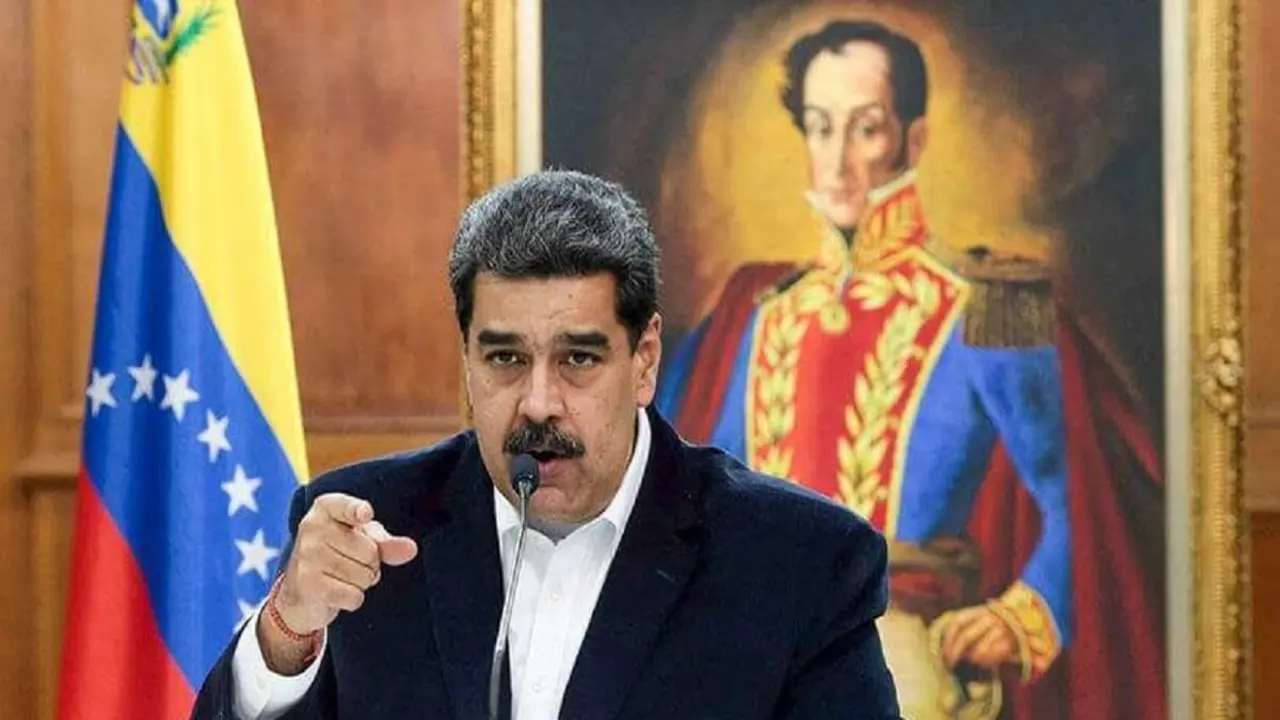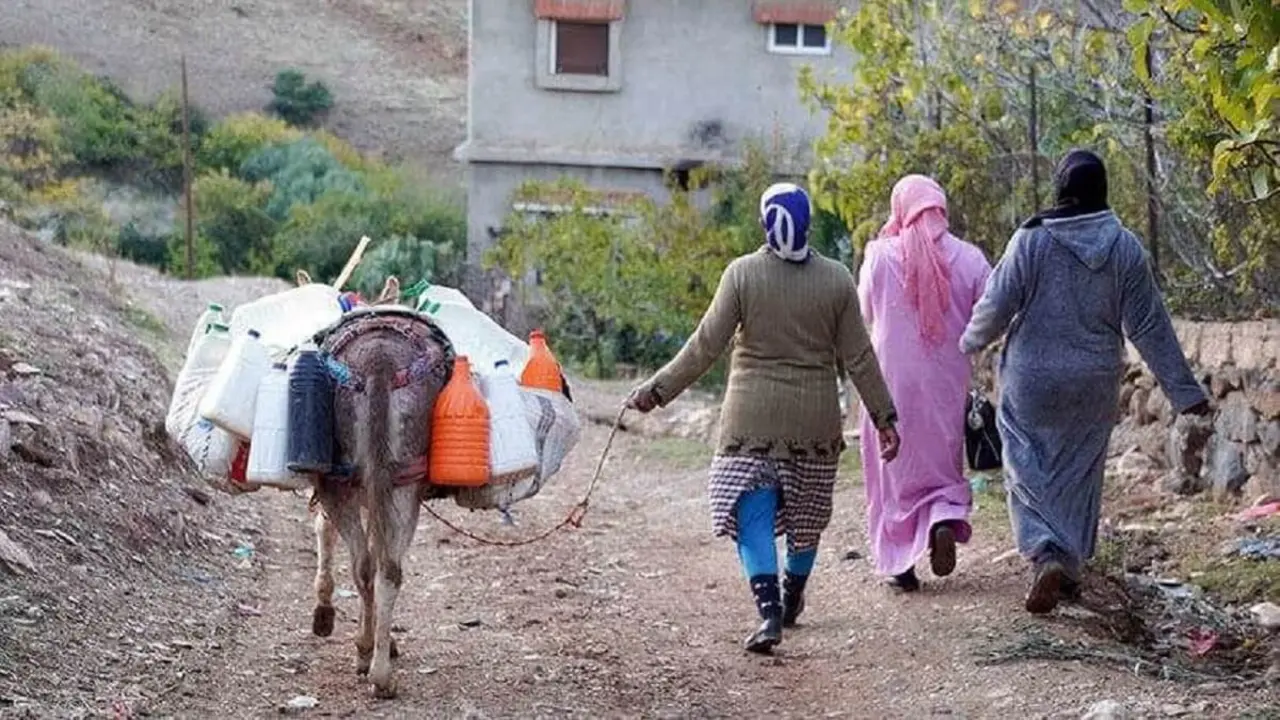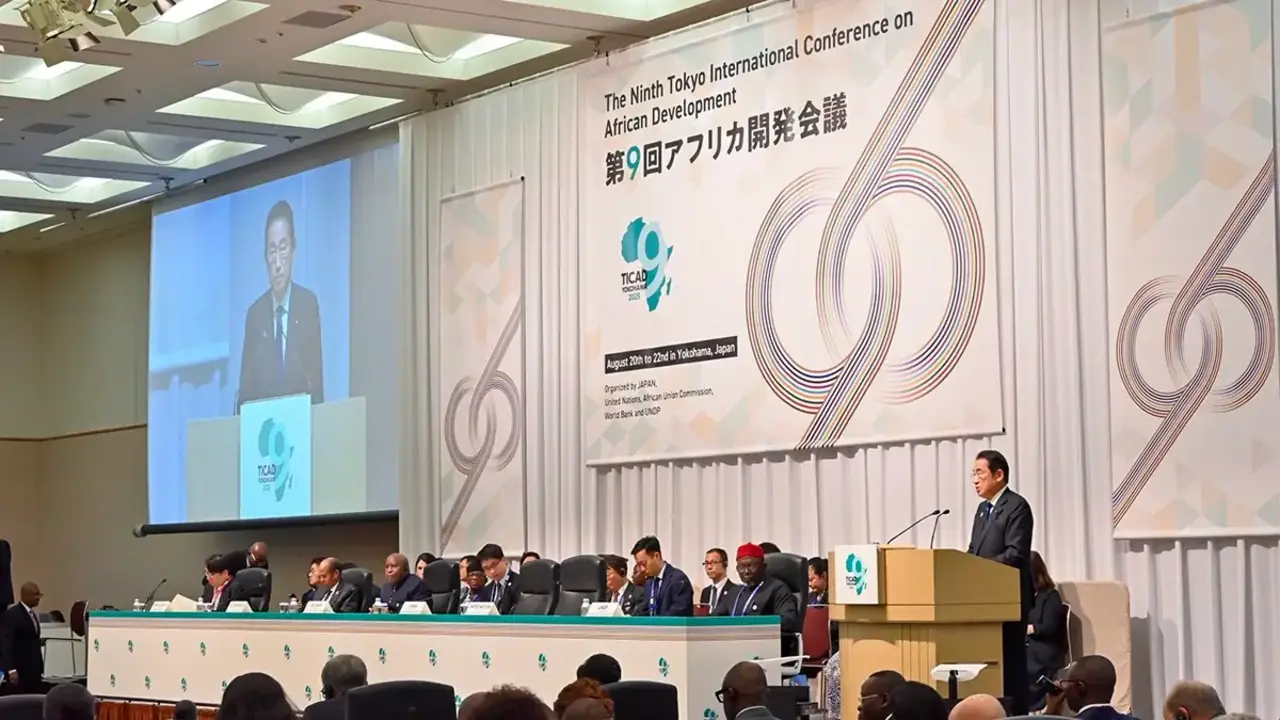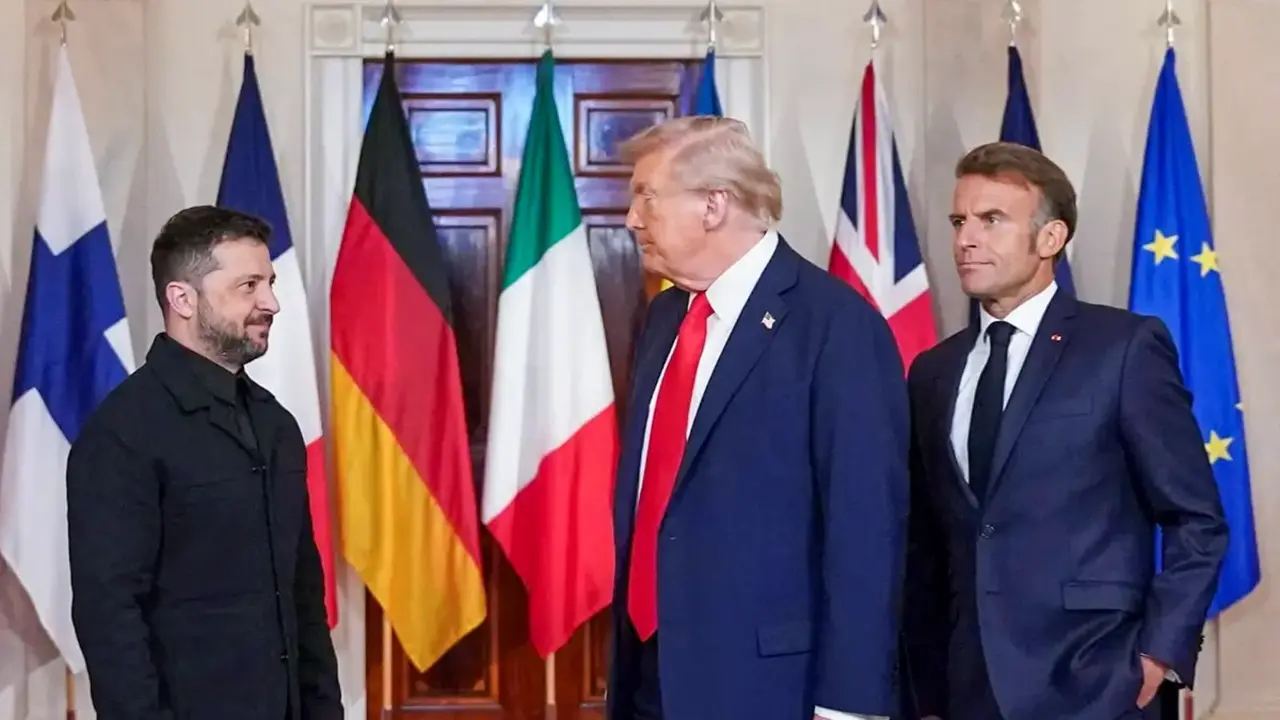The Resistance Council demands an end to the European Union's policy of complacency towards the dictatorship in Iran
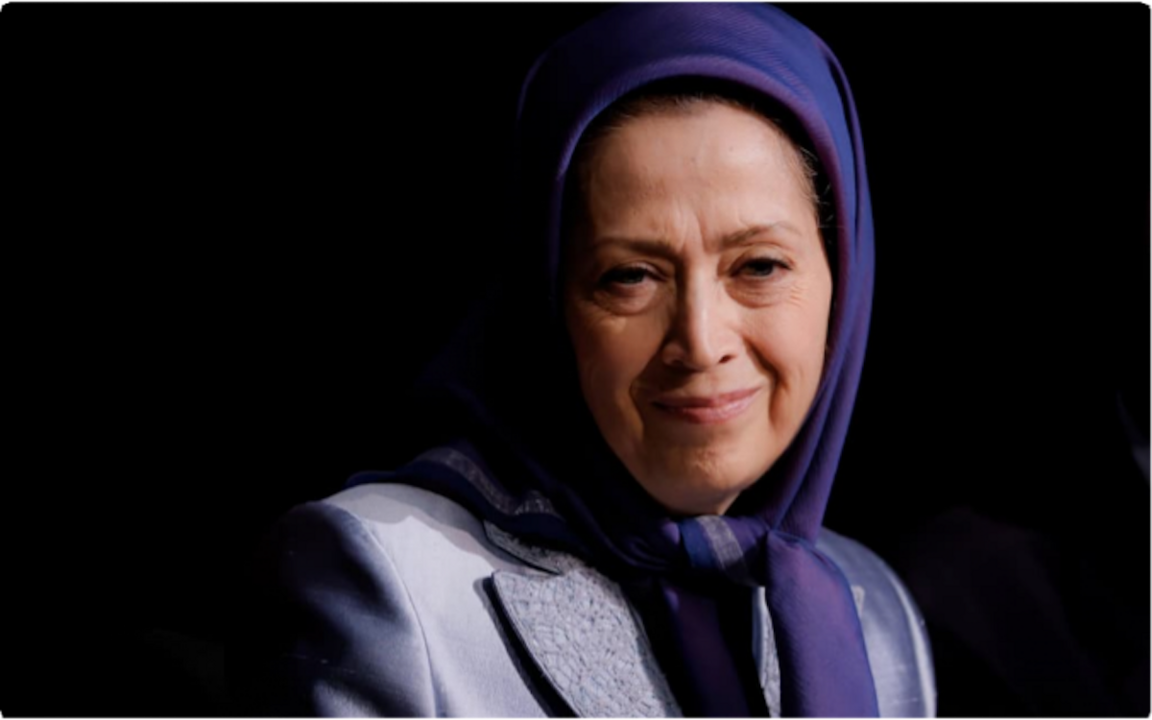
Maryam Rajavi, its president, reiterated her desire to establish a secular democracy and equality between men and women. Political scientist Hamid Enayat and Hamid Assadollahi, from the Iranian Human Rights Support Committee, decipher what is at stake in this resistance.
What is the role of the National Council of Resistance of Iran (NCRI) in the Iranian Resistance?
NCRI is a coalition of Iranian democratic forces fighting against all dictatorships, whether that of the Shah or Khomeini.
The CNRI was created in 1981, at the beginning of the religious dictatorship. This coalition fights for the advent of a secular republic, separating state and religion, and for equality between men and women. Within this coalition is the People's Mojahedin Organization of Iran (PMOI), which was founded in 1964.
What is the role of Maryam Rajavi, who hosted this weekend's conference?Maryam Rajavi has been President of the NCRI since 1993. The NCRI acts as a parliament in exile and has chosen Maryam Rajavi as the person to assume the presidency of the republic during the transition period, until the next parliamentary elections.
She has always defended the role of women in bringing about the Iran of tomorrow.
How does the PMOI organize its daily struggle against the dictatorial regime?
The PMOI currently has thousands of resistance units inside Iran, waging a relentless struggle against the dictatorship. The exact number of its members is not known.
Founded in 1965, it quickly became the leading opposition force to the dictatorship. Less than a year after the 1979 revolution, the PMOI candidate had a strong chance of winning the 1980 presidential elections, and so Khomeini himself suppressed the candidacy of his representative.
The subsequent parliamentary elections were also rigged to prevent the PMOI from gaining deputies.
On June 20, 1981, Khomeini fired on a 500,000-strong demonstration in Teheran. That same evening, the demonstrators who had been arrested were executed.
Including some unidentified high-school students. This date marked the end of the Khomeini regime's political legitimacy and the possibility of reform. It was on this date that the resistance began. The CNRI was founded a month later, on the initiative of the PMOI.
Does the PMOI carry more weight than the supporters of the Shah's return?
Yes, much more, but it's not comparable. The Shah's supporters are mainly outside Iran, and even then, they have a hard time gathering more than 200 people in a European capital. Even abroad, they no longer manage to mobilize support. While the Iranian Resistance gathered thousands of people in Place Vauban last July, supported by former British and Canadian ministers, there was Mike Pence, who sits in the US House of Representatives. You know, the Shah's reign is a thing of the past.
Does the Iranian resistance movement have any international allies? What relations does the NCRI have with Western institutions?
The Iranian Resistance has relations in European and American parliaments. Last June, a majority of 295 French parliamentarians signed a declaration in support of the CNRI.
There was a consensus, on both the right and the left, in support of Maryam Rajavi's camp. The same approach was taken with the US parliament. In all, the CNRI gathered 3,500 signatories from parliamentarians around the world who signed the declaration.
In her speech, Maryam Rajavi referred to the compulsory veil as something "contrary to Islam". What is the PMOI's relationship with religion?
In our opinion, religion is not something to be imposed. Similarly, we believe that in Islam, the veil is not compulsory. Women are free to veil or not. Citizens are free to believe or not. The women of the PMOI who are veiled do so by choice.
What does the CNRI expect from Europe and the West?
The CNRI's demands are very clear: put the Revolutionary Guards on the list of terrorist organizations. On Thursday January 19, the European Parliament called on the EU to put the Revolutionary Guards on the list of "terrorist organizations".
To date, no European government has acted on this request. Next, close the embassies of the mullahs' regime and make relations with this regime conditional, at the very least, on a halt to executions.
Then, expel the networks of Iranian spies and terrorists active in Europe, who enjoy immunity. As you know, an that an Iranian agent was planning to carry out a "9/11" in Paris in June 2018, at the Villepinte exhibition center. Fortunately, the bomb was discovered and the terrorist arrested beforehand.
The main terrorist was released after a Belgian citizen was taken hostage in Iran. Releasing terrorists means bowing to the Iranian regime.
This impunity granted to the Iranian regime must come to an end. European countries must also clearly recognize the right of the Iranian Resistance to bring about regime change for the good of its people.
What does the Iranian resistance movement need to overthrow the mullahs' regime?
The priority is to put an end to the policy of complacency towards the Iranian regime. Maryam Rajavi has always said that the Iranian Resistance needs neither money nor weapons from foreign governments.
She calls for a firm policy towards the current regime. Europe must recognize the right of the Iranian people to overthrow the current regime.
Interview published in Valeurs actuelles


